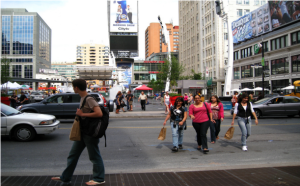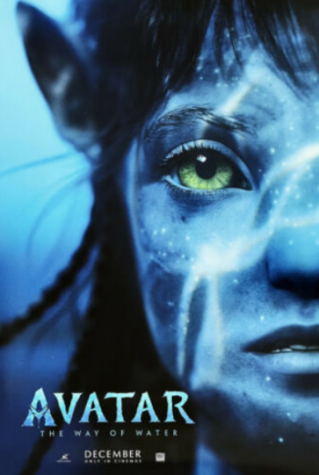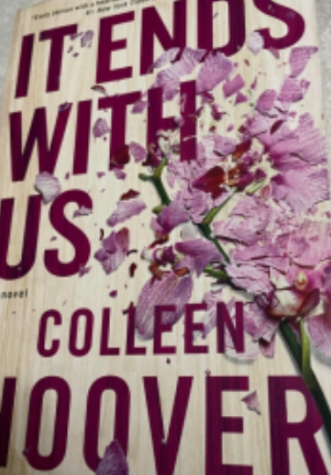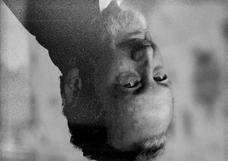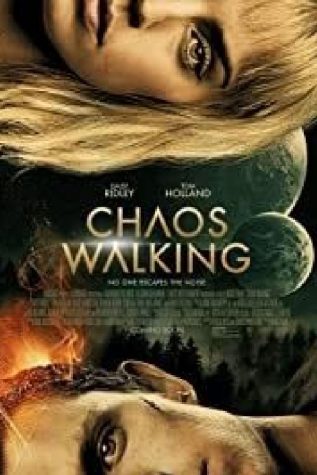Get Out: Movie Review
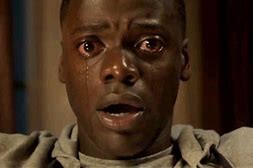
February 7, 2018
Doesn’t it seem odd how we laugh at things that shouldn’t be considered funny, like when we see people fall and hurt themselves? Even when others might look at us as if we are crazy for laughing at something like that in the first place. The same situation happened when the movie “Get Out” was listed in the comedy category at the Golden Globe Awards.
Jordan Peele, who is African American himself, is the creator of the film. Peele is someone I’m sure you’ve heard of by now, thanks to all the buzz he’s been getting about the movie—which was released on February 24. After the release of the movie, it seemed like many of the hidden messages within “Get out” were terrifyingly relevant to some of the issues that we face in our society today, especially in wake of the election in regards to race relations in America.
I don’t think we have ever seen a movie like this made before. Of course, the discussion about race in America can be an uncomfortable, as well as avoided topic. Many times, it is something that we don’t like to talk about.
But, I feel that Jordan Peele has 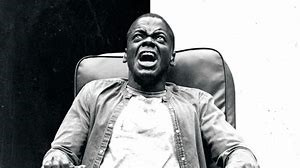 done a beautiful job by choosing to approach the film with such a bold and brave choice. This was a type of “documentary”, as he would put it, that no one else would ever dare write about considering that it’s on such a heavy topic.
done a beautiful job by choosing to approach the film with such a bold and brave choice. This was a type of “documentary”, as he would put it, that no one else would ever dare write about considering that it’s on such a heavy topic.
I’ve seen the movie “Get out”, and I felt many emotions while watching the film. I felt anger, empathy, confusion, along with many other emotions.
The thing that we all want so badly is to be understood; so, when this feeling of being misunderstood is disregarded, you start to feel as if you’re talking until you’re blue in the face since, clearly, no one is listening.
These are the feelings that came to mind when the film was nominated in the comedy category at the Golden Globes. While the film did have some comical undertones to it, the true message within the film is much more substantial than we acknowledge or even give it recognition for.
The biggest take away from the film is to highlight what it is like to be black in America in this flawed society. There were many scenes in the movie that shouldn’t have been as relatable as they were for so many of us as African Americans.
Sadly, they were.
But a specific scene in particular spoke volumes to me. It was towards the end of the movie when the main character Chris, played by Daniel Kaluuya, was in the middle of the street: battered, bloody, and looking defeated after fighting for his life in the Armitage’s home. And then, again, having to fight his girlfriend Rose Armitage, played by Allison Williams, in the road.
As he stood over her, we hear what sounds like a cop car pull up. And in this very moment, it’s as if everyone’s feelings were in sync and we knew all too well what was about to happen. This feeling was disheartening to experience due to the lacerated antiquity the Black community has in relation to the police in America.
For this reason, along with many others throughout the film, it sheds light on just one of the many problems we still seem to struggle with up to this very day.
I find it upsetting that we, the Black community, continue to be so ridiculed and misunderstood by the outside world. These are just some of the many examples brought up by the movie of what we endure daily, in correlation to our work and unique creations being downplayed or appropriated.
Furthermore, it also seemed as if Jordan Peele didn’t fully express what he was feeling about the movie being put into this category. That would probably be the most difficult feeling as a writer to be judged, as well as misconceived, in your creations by others.
Lastly, I think it is vital that he stand up for his work and advocate for himself. Â I also feel that it would be such a waste for the real essence of his film to be anything less than what it is. It should be taken and attributed as being nothing less than a unique masterpiece that is daring, as well as underrated, in its efforts to portray the strenuous life of not only what it means to be a Black man in America, but African American in general, as we consistently beat the odds of adversity.




